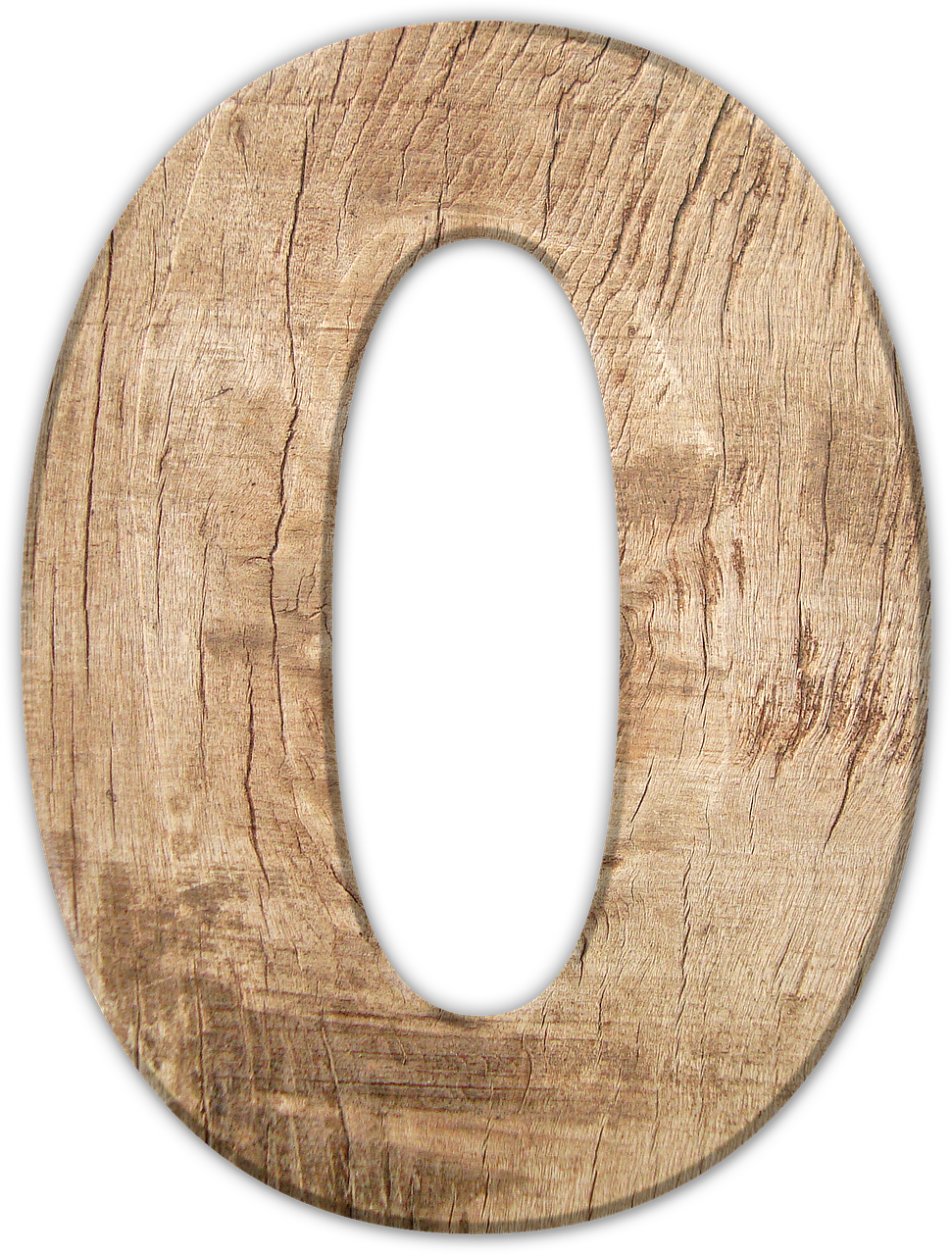What is "nought" in the Bible?
In the Bible, the word "nought" is often used to describe something that is worthless or of no value. This can refer to material possessions, worldly pleasures, or even human wisdom. The word "nought" is also used in the Bible to describe the idea of sin and wickedness.
The word "nought" appears several times in the Bible, particularly in the King James Version. In modern English, the word "nought" is often used as a synonym for "nothing". However, in the context of the Bible, this word has a deeper and more significant meaning.
In the Bible, the word "nought" is often used to describe something that is worthless or of no value. This can refer to material possessions, worldly pleasures, or even human wisdom.
For example, in the book of Psalms, the psalmist writes, "If I have made gold my hope, or have said to the fine gold, Thou art my confidence; If I rejoiced because my wealth was great, and because mine hand had gotten much; This also were an iniquity to be punished by the judge: for I should have denied the God that is above. Nay, I would not know wickedness: I would soon go to him that is perfect in nought."
Here, the psalmist is saying that earthly wealth and possessions are of no value compared to a relationship with God.

Similarly, in the book of Job, the character Job says, "Naked came I out of my mother's womb, and naked shall I return thither: the LORD gave, and the LORD hath taken away; blessed be the name of the LORD."
Here, Job is acknowledging that all of his worldly possessions are of no value compared to his relationship with God. This statement is often used in funeral services to remind people that they cannot take their material possessions with them when they die.
The word "nought" is also used in the Bible to describe the idea of sin and wickedness.
In the book of Isaiah, the prophet writes, "Woe unto them that call evil good, and good evil; that put darkness for light, and light for darkness; that put bitter for sweet, and sweet for bitter! Woe unto them that are wise in their own eyes, and prudent in their own sight!... Therefore as the fire devoureth the stubble, and the flame consumeth the chaff, so their root shall be as rottenness, and their blossom shall go up as dust: because they have cast away the law of the LORD of hosts, and despised the word of the Holy One of Israel."
Here, Isaiah is saying that those who reject God and engage in sin and wickedness will ultimately be of no value or worth.
Ultimately, the Bible teaches that our true worth and value comes from our relationship with God, and that nothing in this world can compare to the love and grace that God offers us.